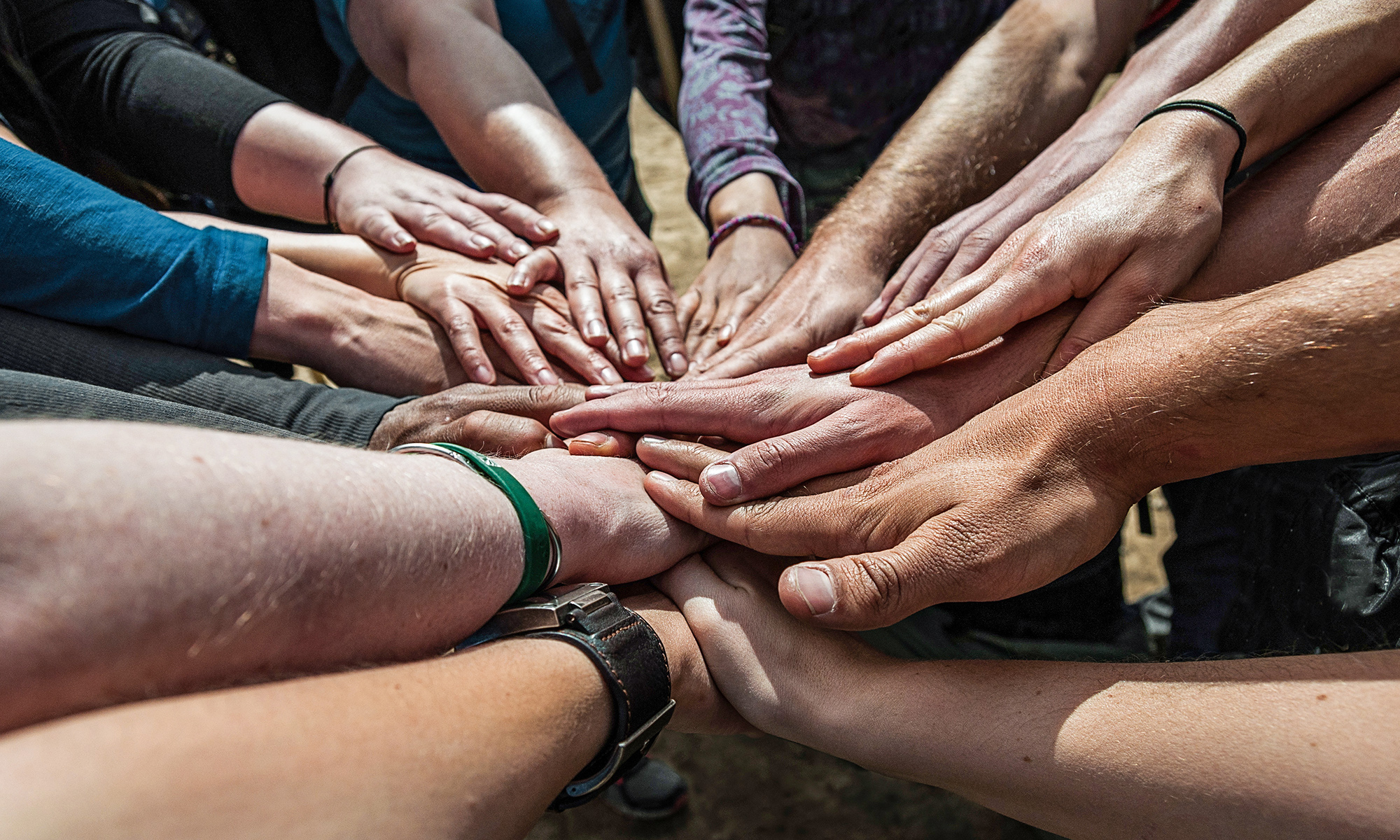Public lecture: Cultivating social cohesion – insights from studying gangs, cults and terrorists

Recently we hosted an evening of insights and discussion at our public lecture with Professor Harvey Whitehouse, a leading expert in social anthropology at the University of Oxford.
Watch the lecture here:
Lecture description
It is well known that military groups, religious cults, and terrorist organisations are often highly cohesive but until recently the reasons for this have been poorly understood. New research in the cognitive and evolutionary sciences is showing how cohesion is produced and how it can be used not only to deepen divisions or create more deadly forms of conflict but to solve the greatest cooperation problems facing humanity today: from preventing violent extremism and tackling crime to managing global pandemics and motivating action on the climate crisis.
About the speaker

Harvey Whitehouse, Professor of Social Anthropology at the University of Oxford, has spent four decades studying some of the most extreme groups on earth: from the battlefields of the Arab Spring, via millenarian cults on Pacific islands, to violent football fans in South America. Along the way, he has undertaken research at some of the world’s most important archaeological sites, brain-scanning facilities, and child psychology labs – all with a view to pioneering a new, scientific approach to the study of human society. At Oxford, he directs the Centre for the Study of Social Cohesion and is a founding director of Seshat, a vast database on human history that enables scholars and scientists to test hypotheses about the rise and fall of human civilizations. His latest book, Inheritance: The Evolutionary Origins of the Modern World comes out with Penguin Random House in June.
This public lecture was brought to you by Koi Tū: The Centre for Informed Futures and the Faculty of Arts at Waipapa Taumata Rau, University of Auckland.


